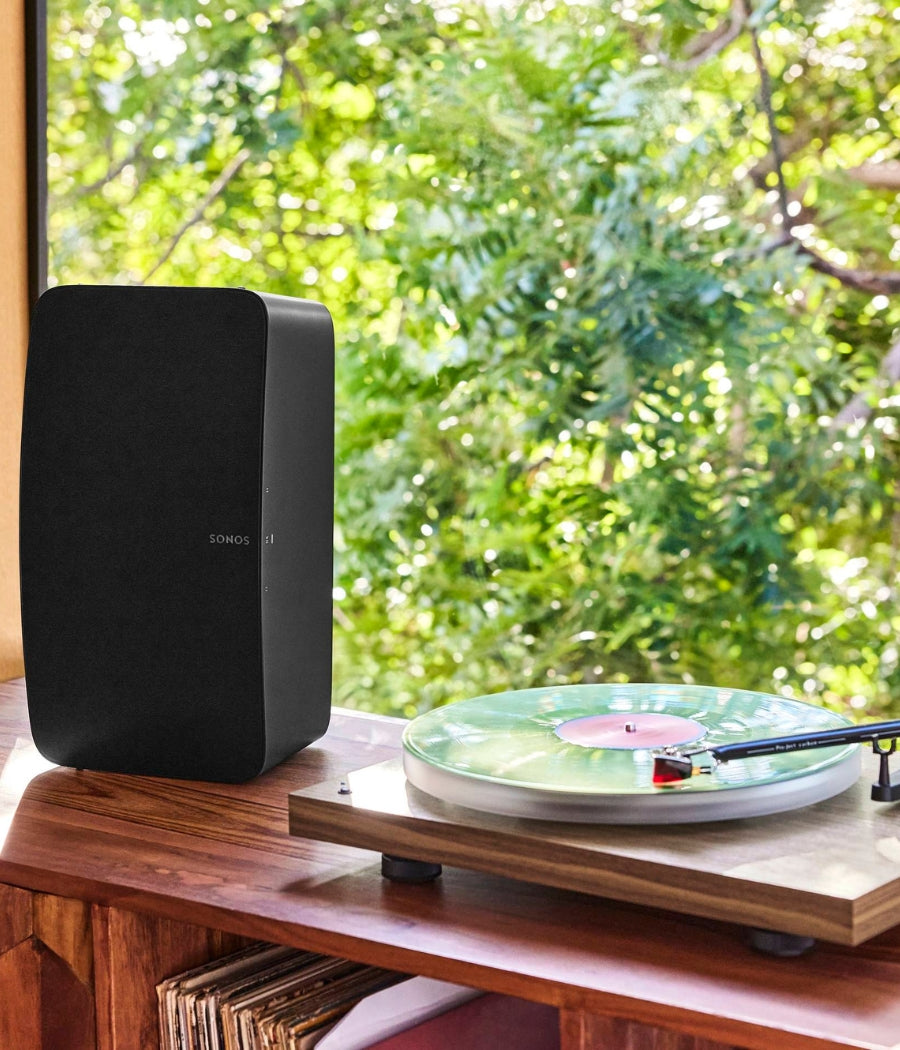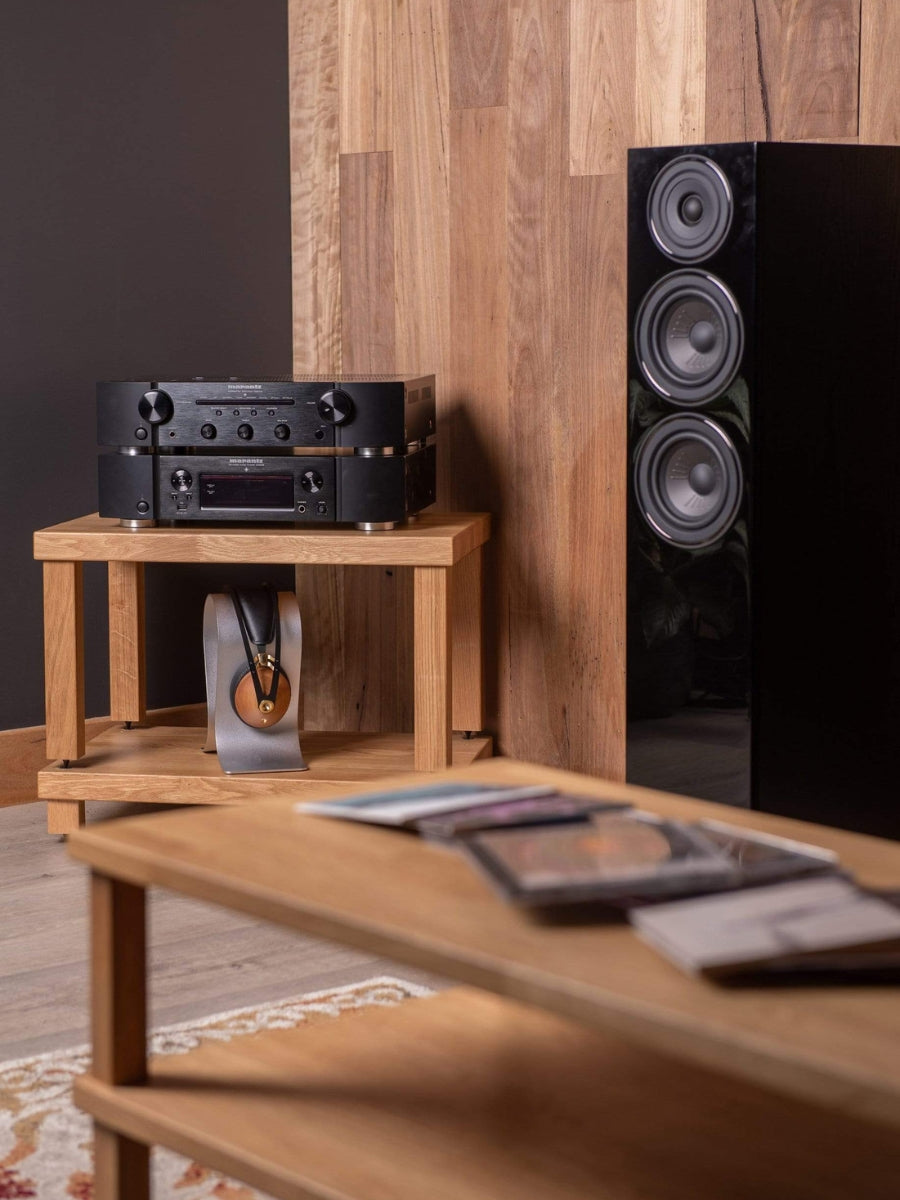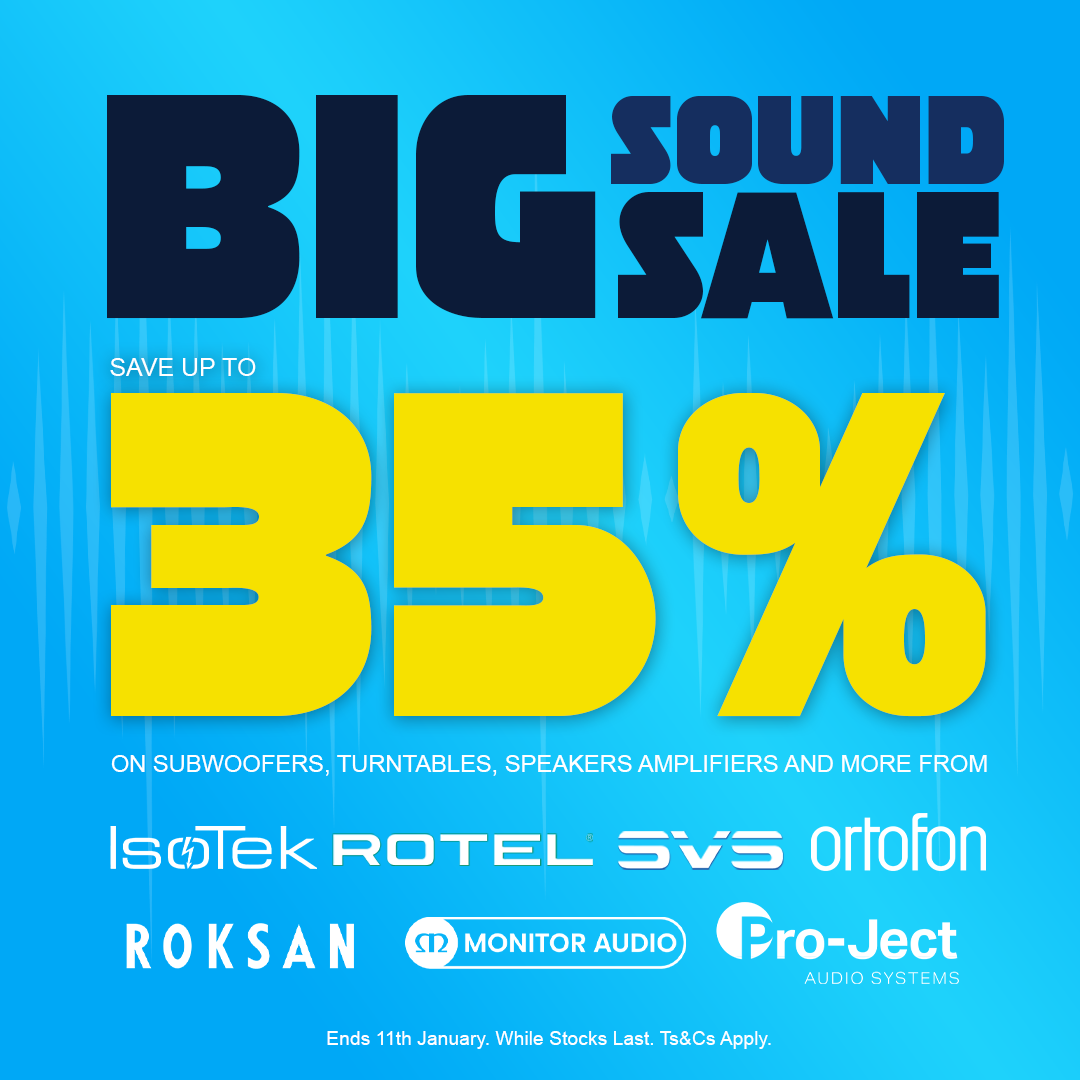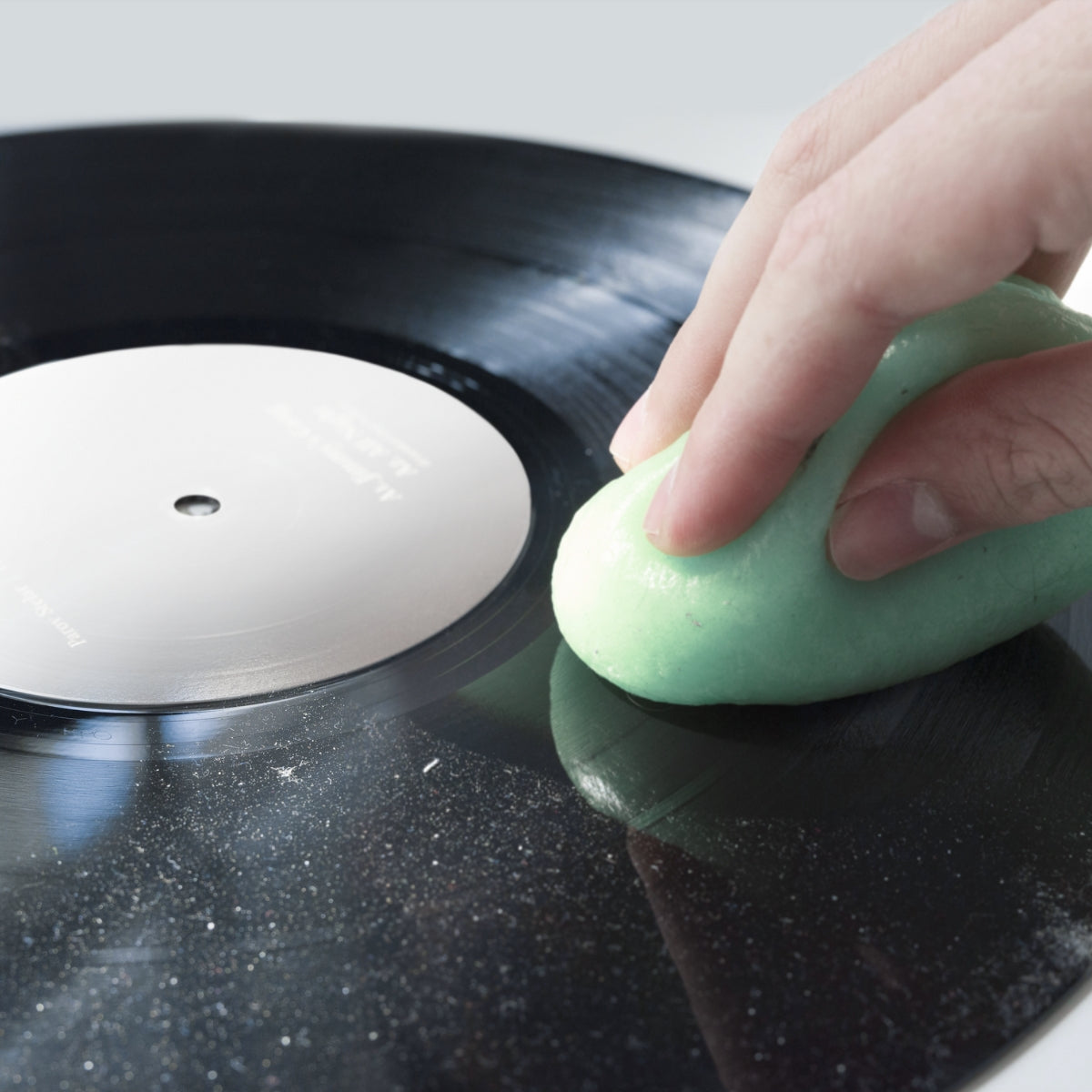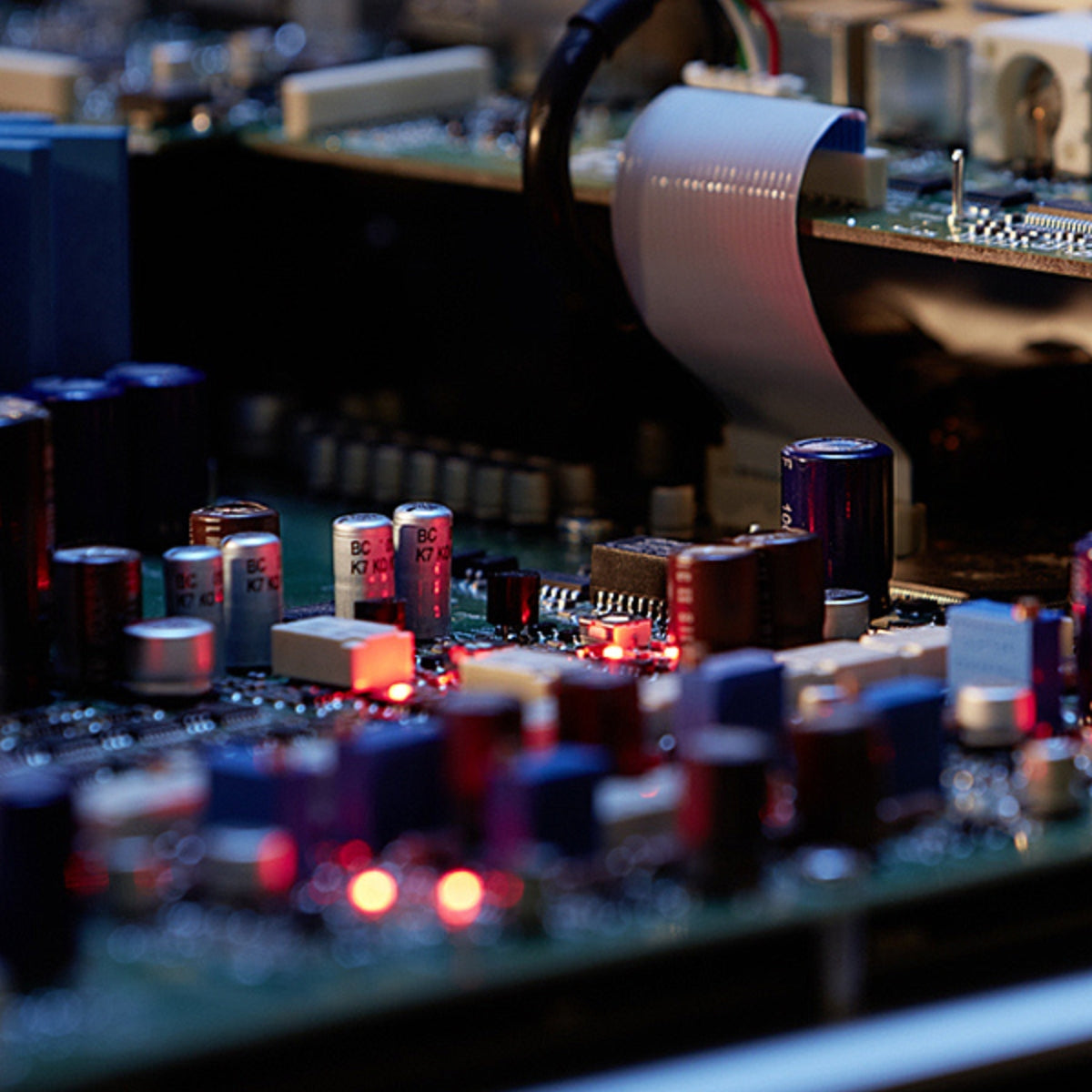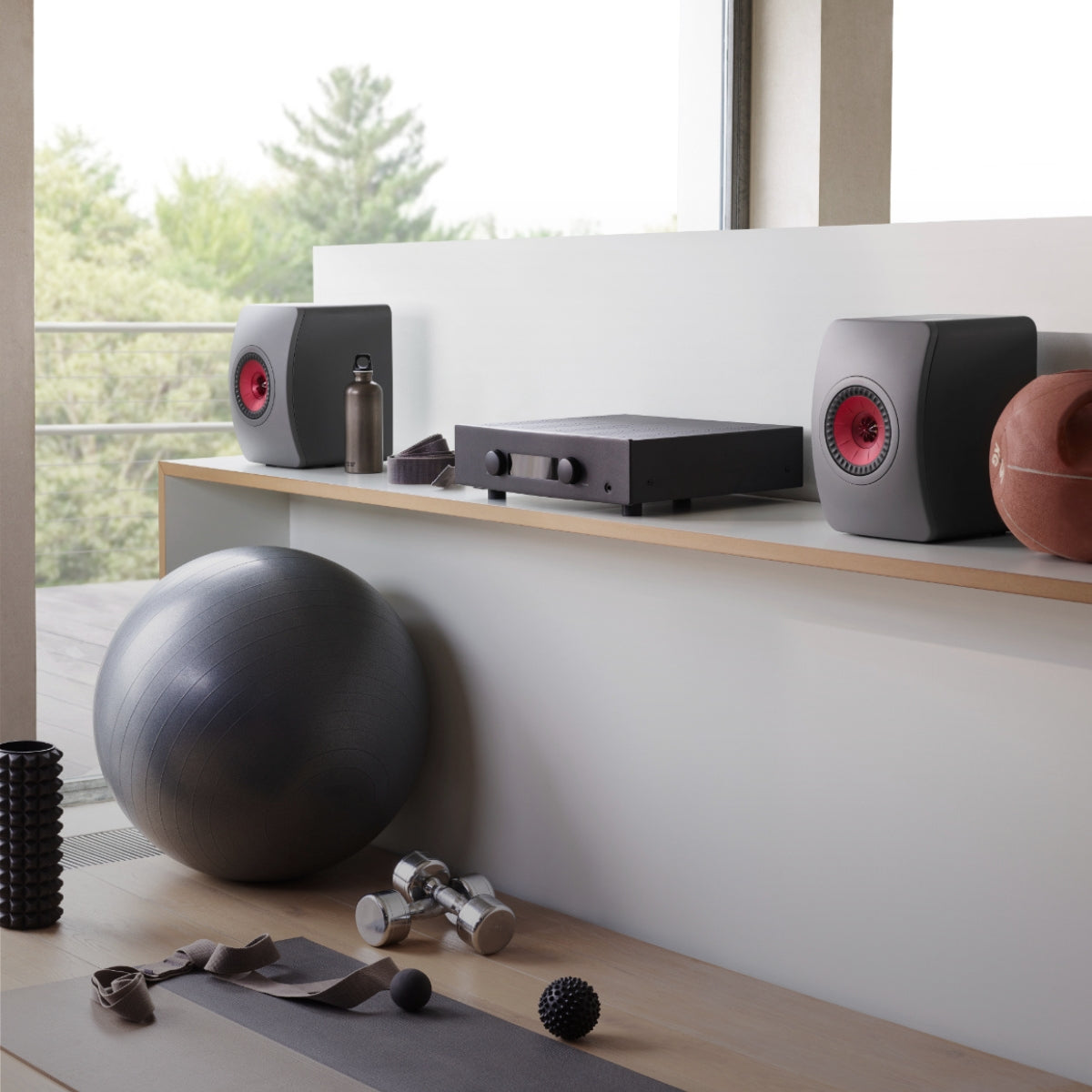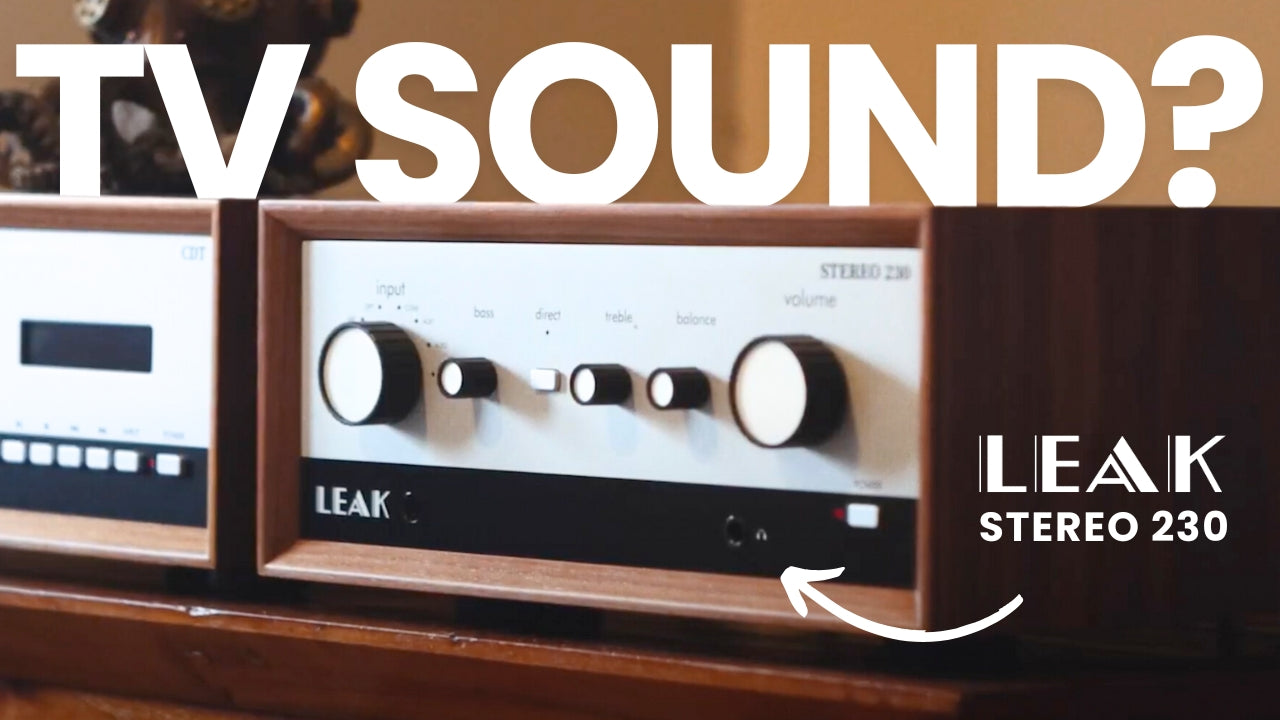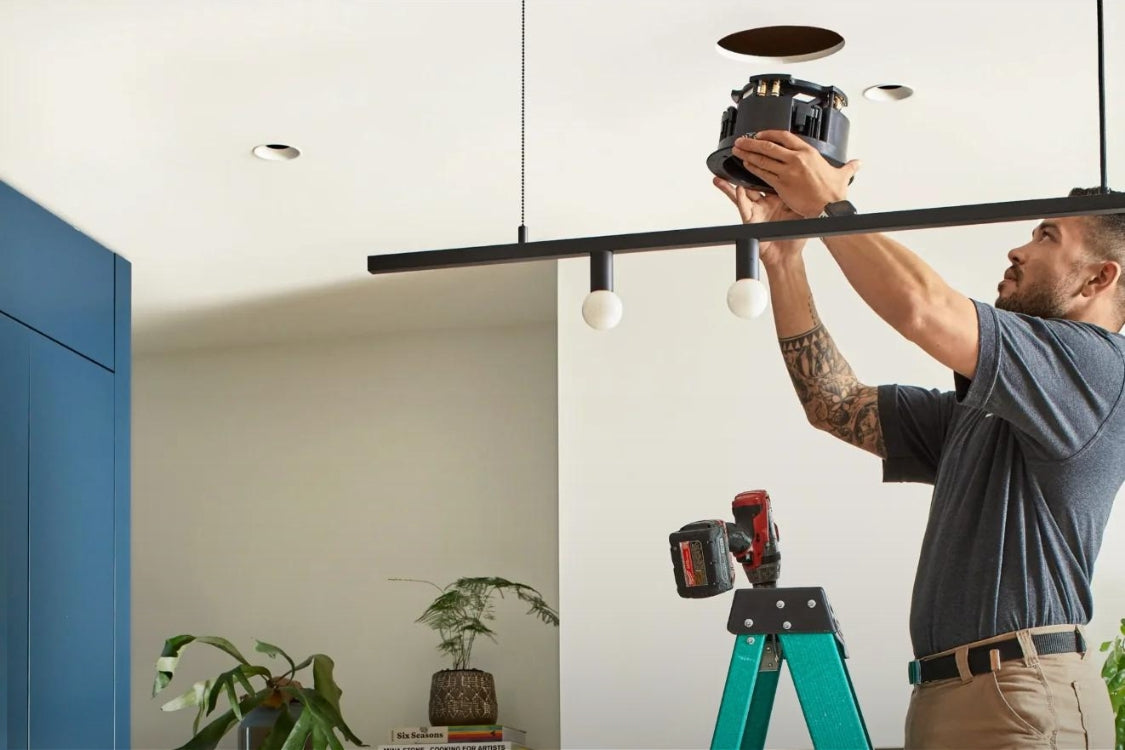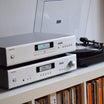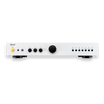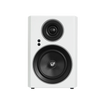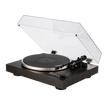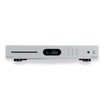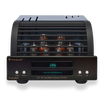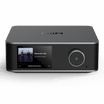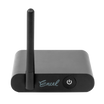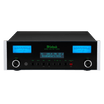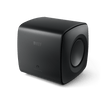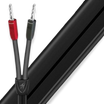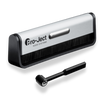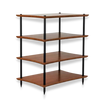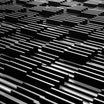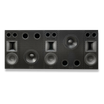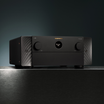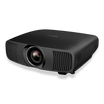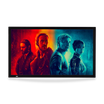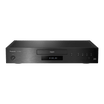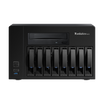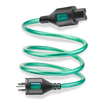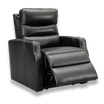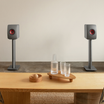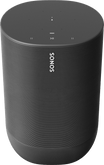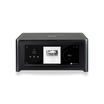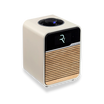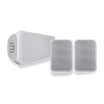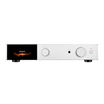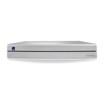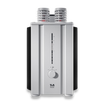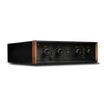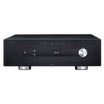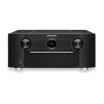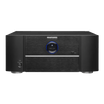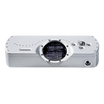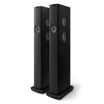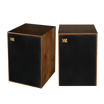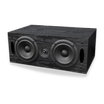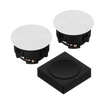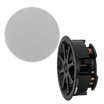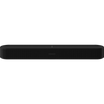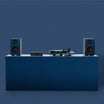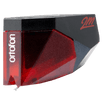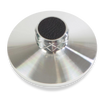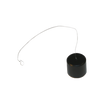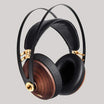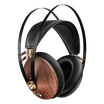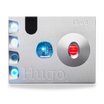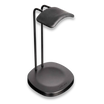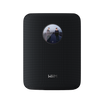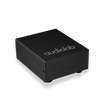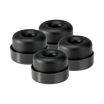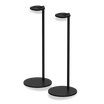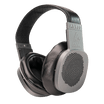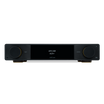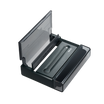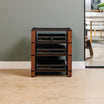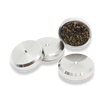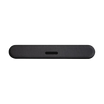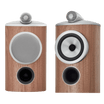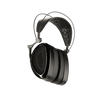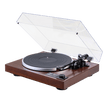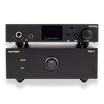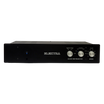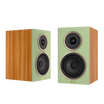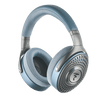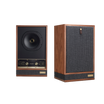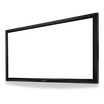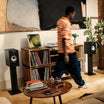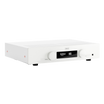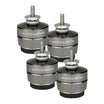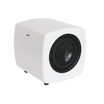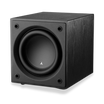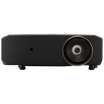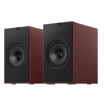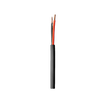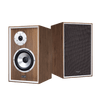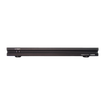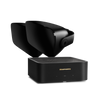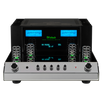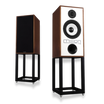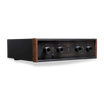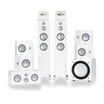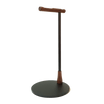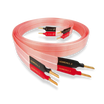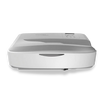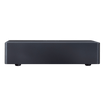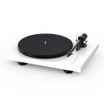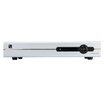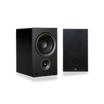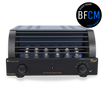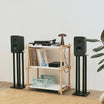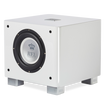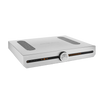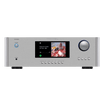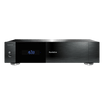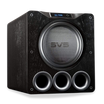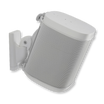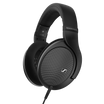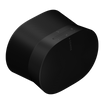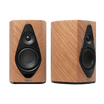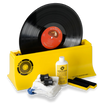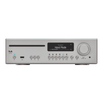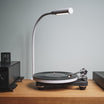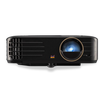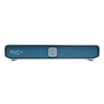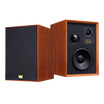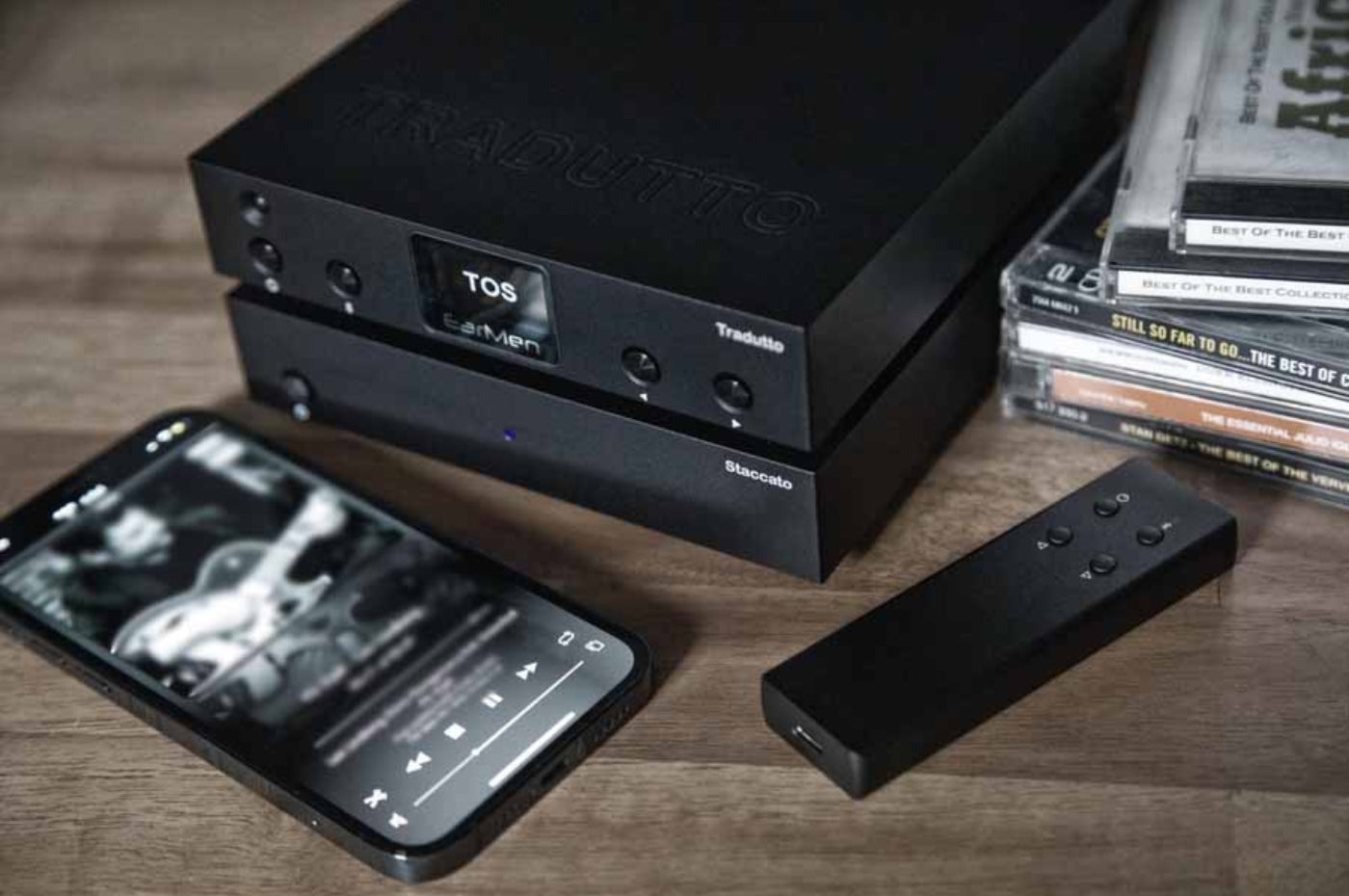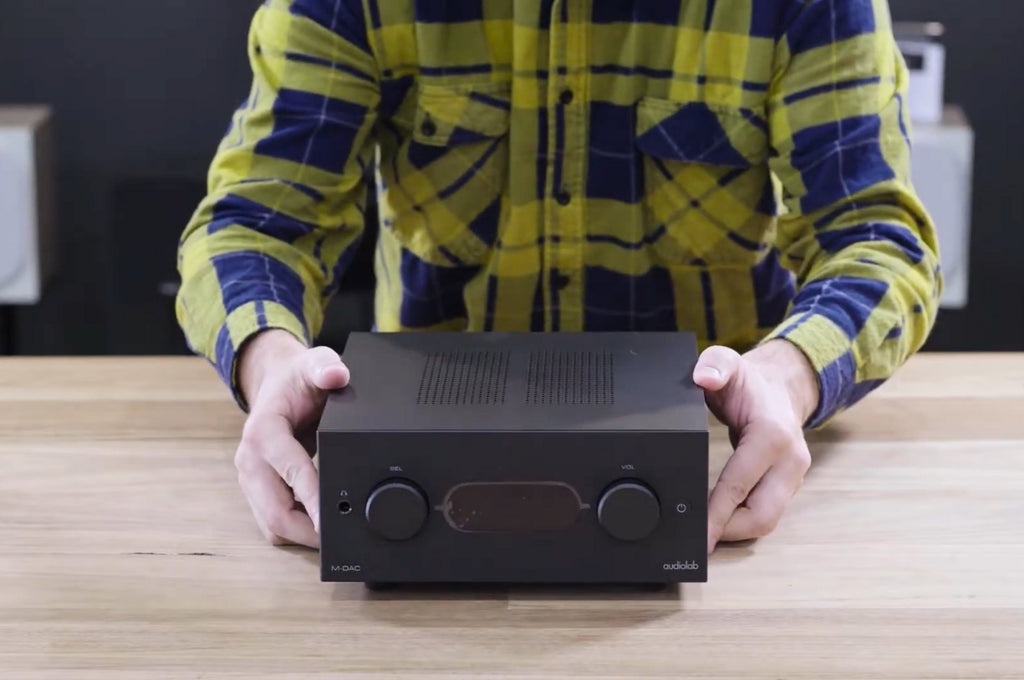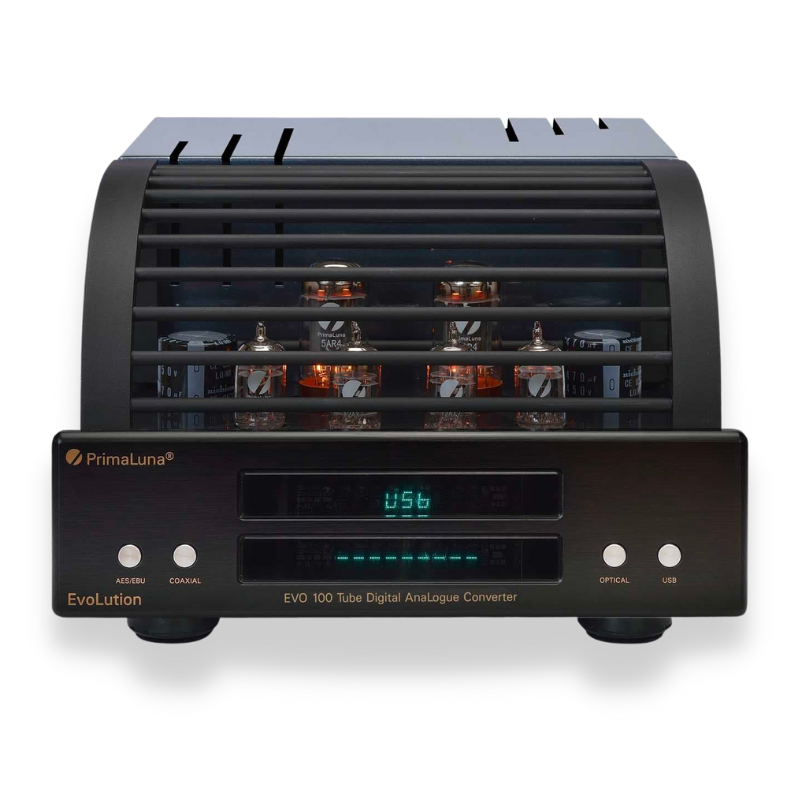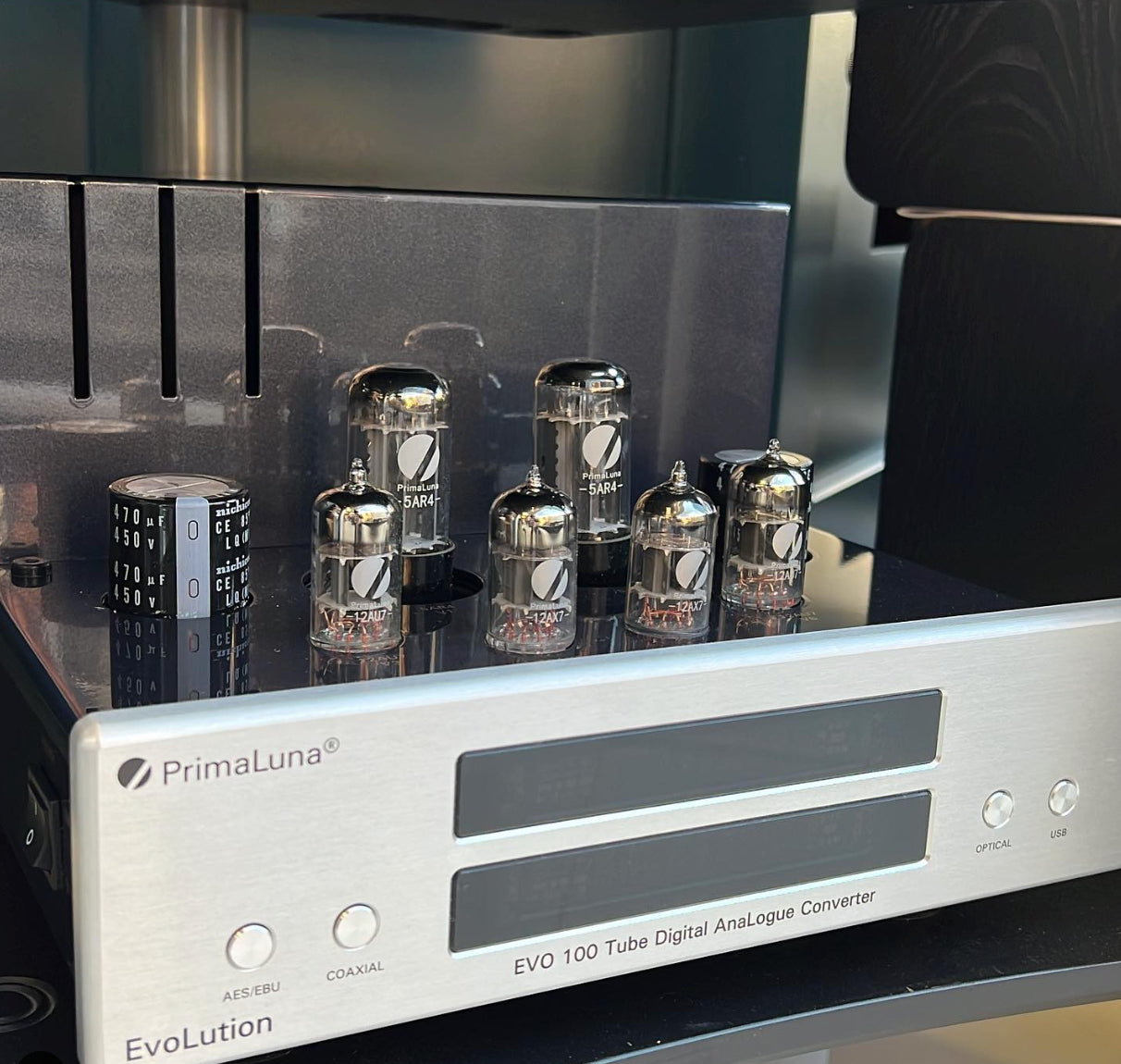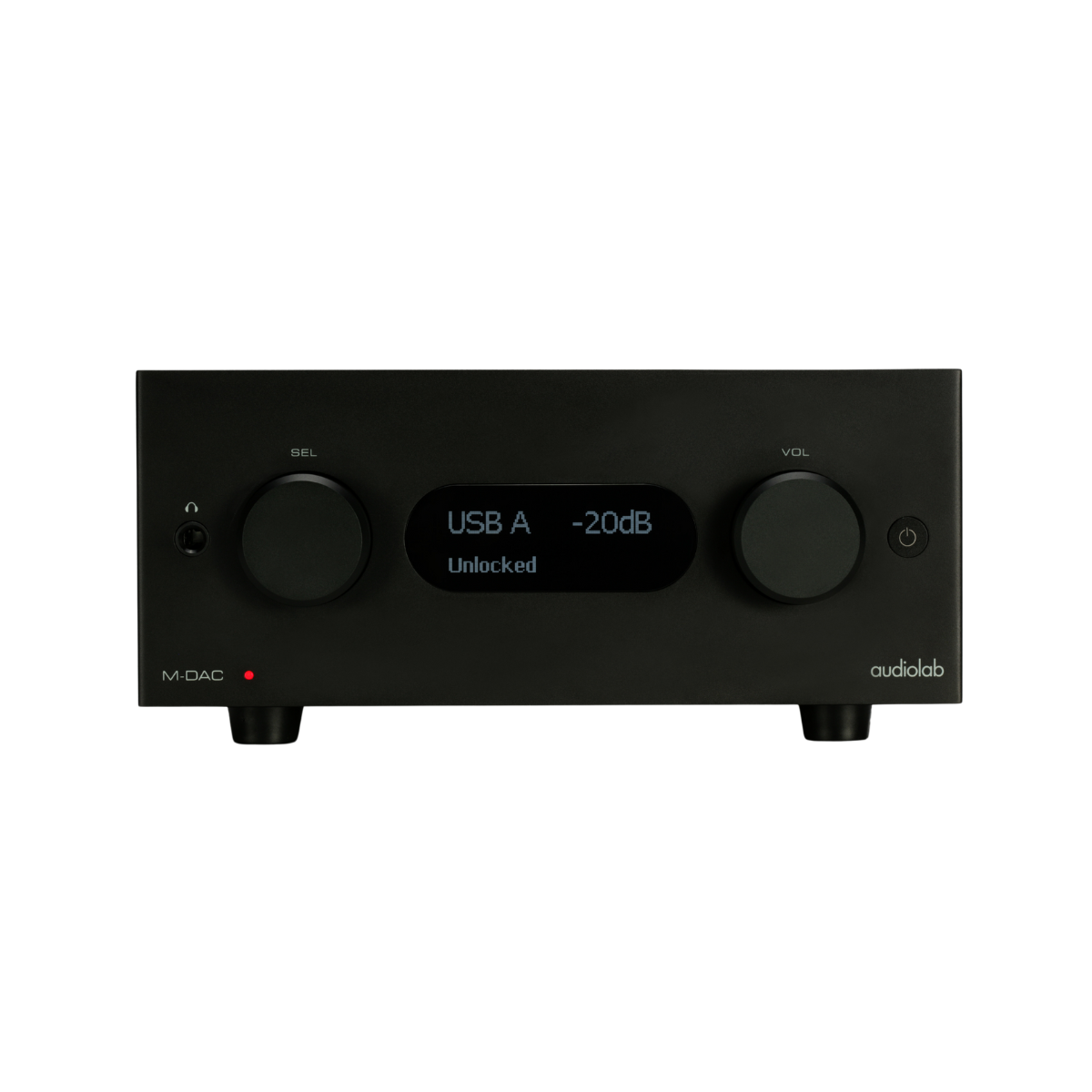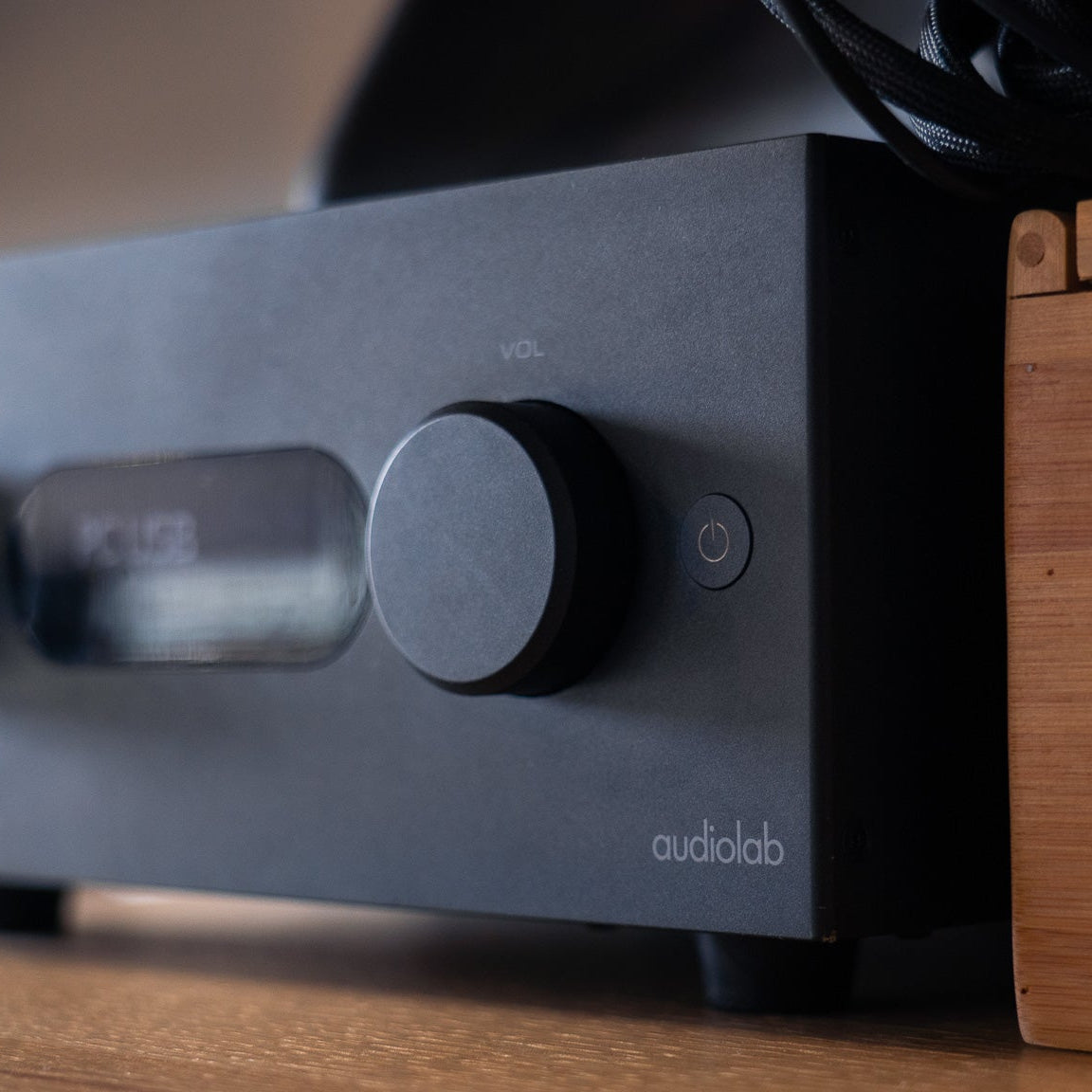Digital to Analogue Converters (or 'DACs') are all around us in the modern world. In all of your digital devices from your smartphone & computer to your CD player & video game console - outside of records & tapes if it's ever made any sound, you've heard it via a DAC.
So it begs the question - if DACs are already built into most of the digital devices we know & love, why would you need to get another one?
The fact of the matter is - a built-in DAC chip will rarely perform at the level that a high-quality external DAC can, so if you're interested in improving your audio quality, implementing a high-quality Digital-to-Analogue converter can make a significant difference.
Whether you're a professional audiophile or a casual listener, understanding what a DAC is & its role in your audio setup can help you optimise your listening experience - so, read on below as we take you through exactly what a DAC is, how they work & what options might suit your particular audio system the best.
What is a DAC? And How Does It Work?
A DAC, or Digital-to-Analogue Converter, is a device that converts digital audio data into an analog signal. In essence, a DAC is a bridge between your digital music files & your analogue sound system.
Digital music, such as high-resolution audio files, is stored as a series of 0s and 1s. This digital information is essentially a map of the sound wave that the original audio file represents. However, your headphones or speakers don't read digital data – they produce sound based on analogue signals.
This is where the DAC comes in.
A DAC takes the jagged digital data & transforms it into an analogue electrical signal that your amplifier can then convert into smooth sound waves. Every time you listen to digital music through an analogue device (e.g. a pair of headphones) you're using a DAC.
The DAC could be a built-in component in your music player or smartphone, or it could be an external, standalone DAC that you've added to your audio setup for higher-quality sound.
This brings me to my next point...
Why Use an External DAC?
A decent external DAC will be of significantly higher quality than the DAC built into most consumer electronics such as your smartphone or laptop.
Good stand-alone DACs will be built from higher quality components which help with improved audio conversion by reducing issues to do with things such as:
- Jitter - timing inaccuracies that can occur during the conversion process, resulting in distortions & a degraded audio signal.
- Aliasing - improper sampling causing unwanted artefacts & distortion in the output signal.
- Bit depth - represents the resolution of the audio signal, which determines the dynamic range & the accuracy of the amplitude of the converted analog signal.
This all results in a sound output that can be clearer, more detailed & closer to the original analogue recording.
It's also important to note that it's not just your run-of-the-mill consumer electronics that can benefit from an external Digital-to-Analogue converter, even decent Hi-Fi components can suffer the limitations of a built-in DAC chip. While there is no denying that high-end CD players & streamers will have a much better DAC than the average smartphone, they can still be impacted by interference from the other built-in components.
Additionally, many separate DACs offer extra features such as more input/output options & even integrated headphone amps potentially giving you many more options for your audio system.
Types of DACs and Their Applications
DACs come in various forms & are used in many different applications. They are usually classified according to their purpose, construction, or the technology they use.
Below are the main types of DACs you'll typically encounter:
-
Standalone DACs: These are dedicated devices built specifically for the purpose of digital-to-analogue conversion in your Hi-Fi system. They typically provide the highest sound quality & often include premium features such as multiple inputs/outputs, high-resolution support, & advanced conversion technologies.
-
Portable DACs: Also known as headphone DACs or USB DACs, these are compact devices designed to be used with portable music players or smartphones. They are typically battery-powered or powered from your phone & often include a built-in headphone amplifier.
-
DAC/Amp Combos: These devices combine a DAC & an amplifier in a single unit. They are convenient for users who want to upgrade both their digital to analogue conversion & amplification at the same time.
-
Internal DACs: These are DACs built into other devices, such as computers, smartphones, or digital audio players. While convenient, they often suffer from interference due to being located inside a device with many other electronic components.
-
Network DACs: These DACs, also known as streamers, are designed to receive & convert digital audio signals over a network. They typically support various streaming protocols & services.
-
Multi-bit DACs: This type of DAC uses a method where each bit of the digital signal is processed individually for more accurate sound reproduction.
- Delta-Sigma DACs: This is the most common type of DAC found in consumer devices. It uses a process of oversampling & noise shaping to convert digital signals to analogue.
These categories aren't mutually exclusive – for instance, a device can be a portable DAC/Amp combo, or a standalone DAC might use Delta-Sigma or Multi-bit technology. Each type of DAC has its own strengths and is suitable for different uses and environments.
So... What DAC Is Right For You?
Choosing the 'right' DAC really depends on your specific needs & circumstances.
Are you a casual listener wanting to upgrade your home stereo system, a hardcore audiophile with a set of high-end headphones, or maybe you're in the business of creating music?
Another key factor is what sort of audio formats you most often use. A standard 16-bit/44.1kHz DAC is perfect for those who stick to CDs or MP3s, but if you're streaming high-quality music services like Tidal or Roon, you'll need a DAC capable of decoding higher sample rates & bit depths. Also, consider how your DAC will fit into your existing setup. Does it have the necessary inputs & outputs? If you're constantly on the move, maybe a portable DAC with a built-in battery is what you need.
Finally, let's talk about money. DACs can span a wide range when it comes to cost, from hundreds to 10s of thousands. The trick here is to balance your budget with your needs, as the priciest DAC might not necessarily be the best fit for you.
If you're at all unsure about which DAC is the best option for you - don't hesitate to give us a call or get in touch to speak with our resident Hi-Fi expert. We are all too happy to help.
FAQ:
Do you need an external DAC?
Technically, no - you don't need an external DAC. All of your digital devices that output sound will have a built-in DAC chip. However, if you are someone who wants (or dare I say, needs) to get the most out of their audio system, then you should definitely be considering a high-quality external DAC.
Do I need a DAC for Spotify or Tidal?
While Spotify & Tidal will function without a DAC, having one can significantly enhance the audio quality, especially when streaming high-resolution tracks on Tidal.
Can you listen to Lossless without DAC?
Technically, you can listen to lossless audio without a DAC as most devices have built-in ones, but for the full quality potential of lossless files, an external DAC can provide a noticeable improvement.
Should I get a DAC for my TV?
If you're after a refined & enhanced audio experience from your TV especially for high-quality digital content, investing in a DAC can be a valuable addition to your setup.
Final Thoughts
While most of your favourite digital devices will come with a built-in DAC, it's worth considering an external one if sound quality is a priority for you. An external DAC, especially a standalone DAC or a DAC/headphone amp combo, can significantly improve the audio output, providing you with a richer and more detailed sound.
So, do you need a DAC? If you're an audiophile, a musician, or someone who values excellent sound quality, investing in a good DAC is a worthwhile decision. Even if you're a casual listener, a DAC might be the key to unlocking a higher-quality audio experience than you thought possible.
We hope this helped answer a few of your DAC-related questions and again, don't hesitate to get in touch if you have any buying queries or simply want to chat about DACs.

